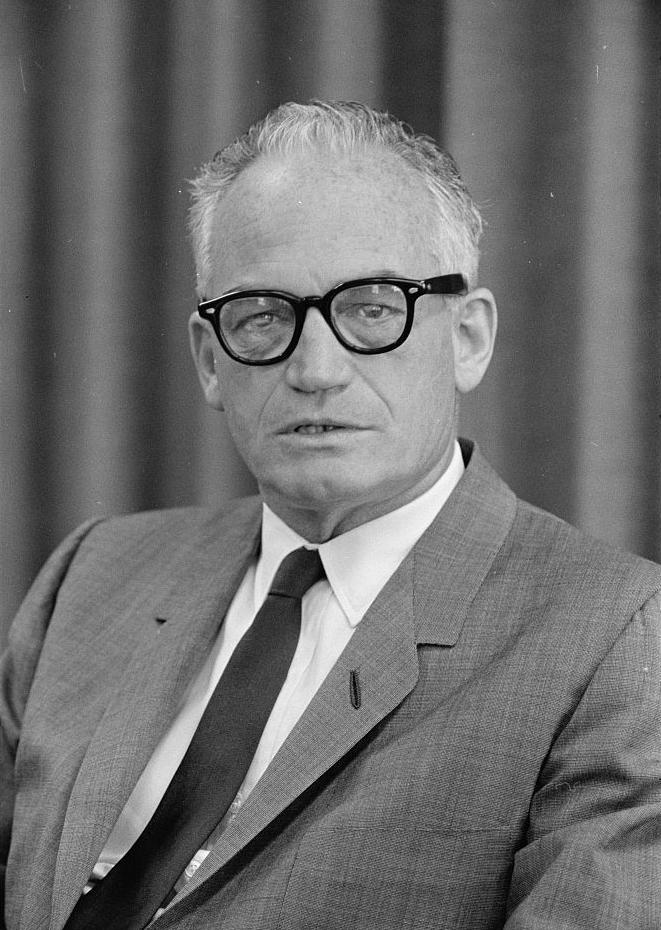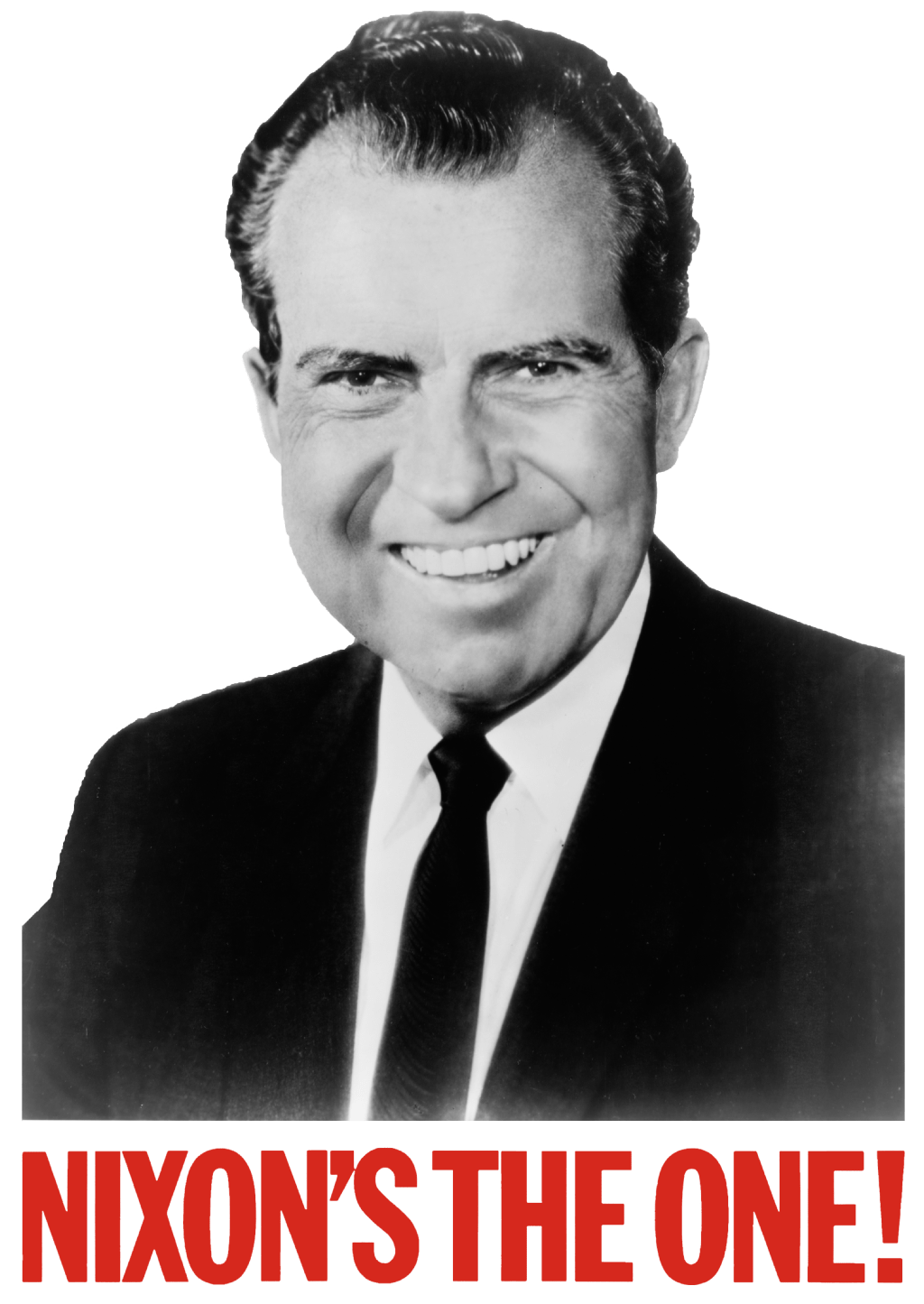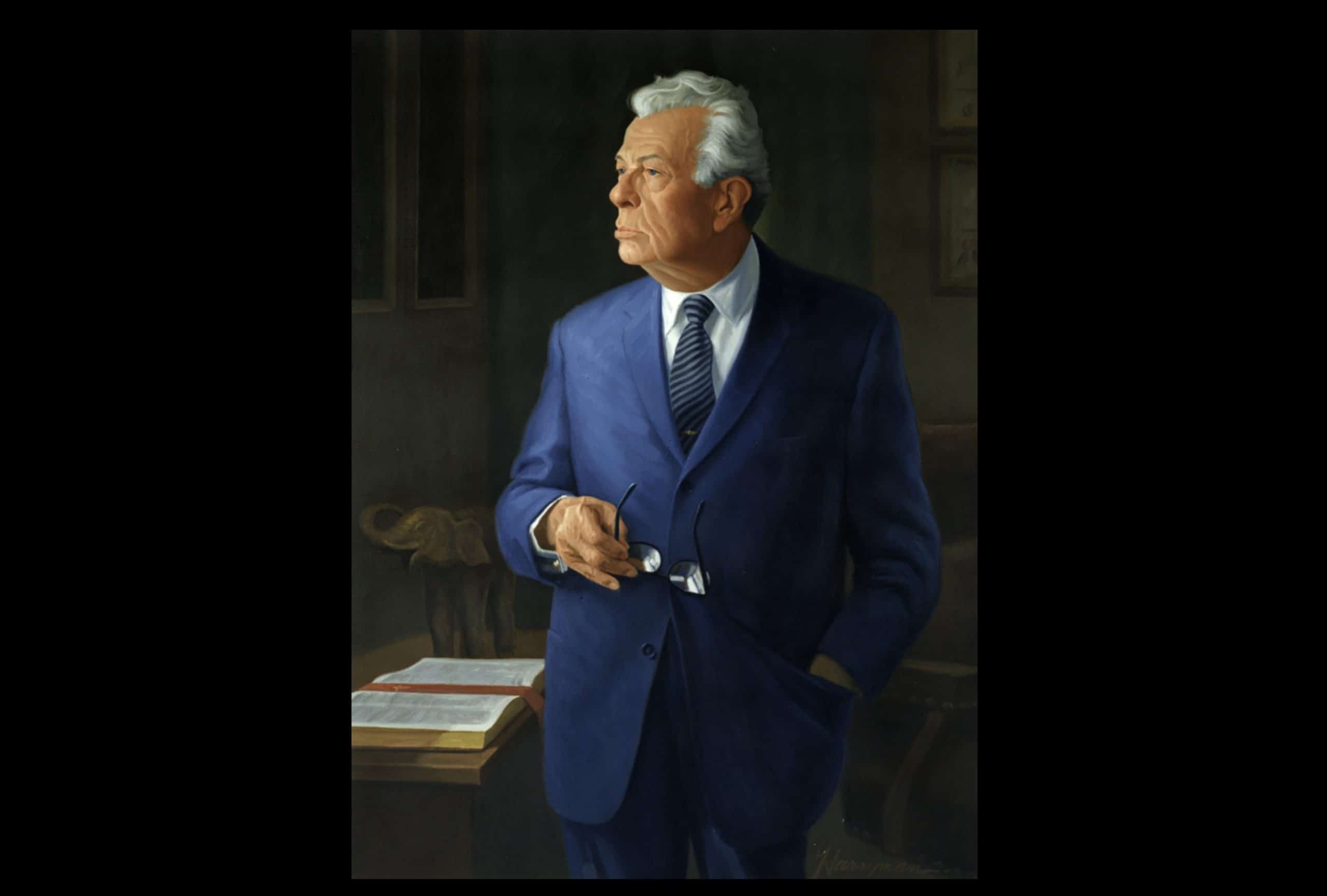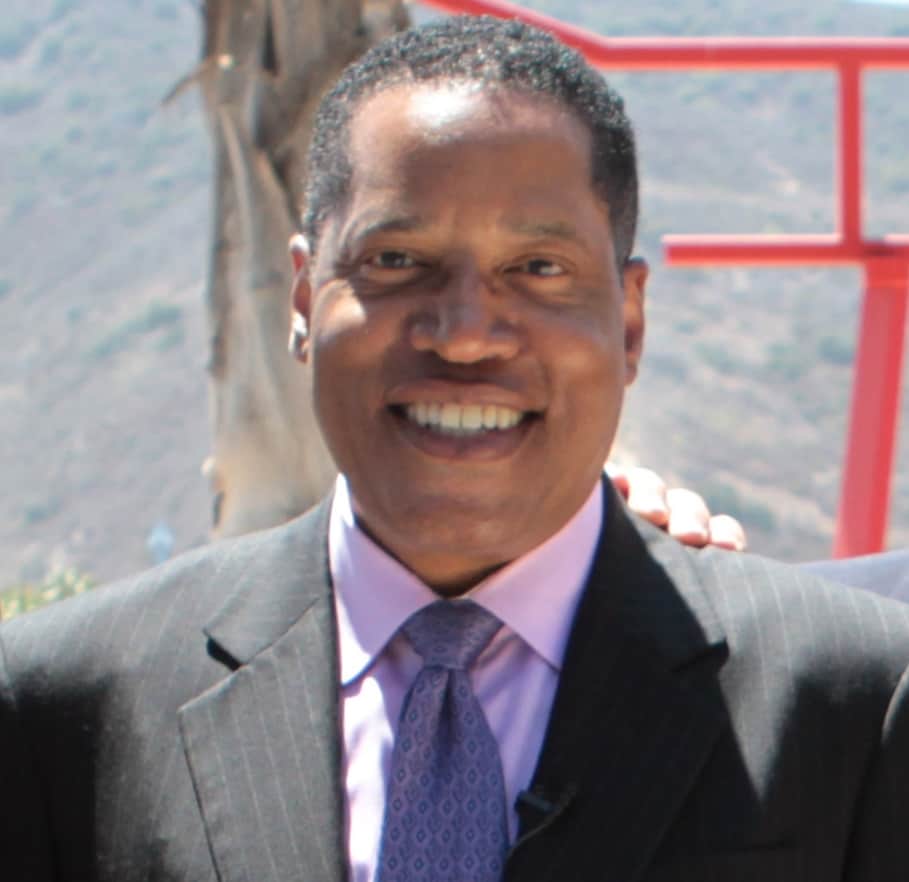Illinois Republican Senator Everett Dirksen played a key role in passage of the 1964 Civil Rights Act.
The spotlight of history exposes much about racism in America today. We’ve seen this in the Word Foundations series of posts upholding the importance of historical accuracy. With only a few exceptions, Democrats have not been champions of blacks or of the principle of true American equality among the races. Instead, Democrats have oppressed blacks through a variety of means, including; Jim Crow laws; segregation; and Ku Klux Klan violence, intimidation, and even murder.
Despite this history, Democrats have enjoyed near monolithic support of blacks for the last fifty-plus years. Several modern myths have contributed to this allegiance.
 Some of the groundwork for the perceptions that Democrats support black causes and Republicans oppose them likely was laid when Democrat President Lyndon B. Johnson pushed for the Civil Rights act of 1964 and Republican Arizona Senator Barry Goldwater, in the end, voted against it. Still, Senator Goldwater was no racist. He “treated everyone—whether white, black, red or brown—with the same respect.” Goldwater reluctantly voted against the legislation because he believed some of its provisions were unconstitutional (also go here). Moreover, as we saw two weeks ago, there are legitimate reasons to question President Johnson’s motives for changing his position on civil rights legislation. All of this notwithstanding, Republicans voted for the measure in greater numbers than did Democrats.
Some of the groundwork for the perceptions that Democrats support black causes and Republicans oppose them likely was laid when Democrat President Lyndon B. Johnson pushed for the Civil Rights act of 1964 and Republican Arizona Senator Barry Goldwater, in the end, voted against it. Still, Senator Goldwater was no racist. He “treated everyone—whether white, black, red or brown—with the same respect.” Goldwater reluctantly voted against the legislation because he believed some of its provisions were unconstitutional (also go here). Moreover, as we saw two weeks ago, there are legitimate reasons to question President Johnson’s motives for changing his position on civil rights legislation. All of this notwithstanding, Republicans voted for the measure in greater numbers than did Democrats.
Yet another incident—one occurring before 1964—has contributed to modern perceptions as well. Larry Elder (pictured at left) explains that in 1960, Dr. Martin Luther King, Jr. had been arrested and jailed in Atlanta after peacefully protesting, along with others, at a segregated lunch counter. Authorities released scores of other protesters, but not Dr. King. The charge against King—not having a Georgia driver’s license—was little more than an excuse to keep him in custody. In this situation, the civil rights leader’s assistants sought help from John F. Kennedy and Richard Nixon, both of whom were candidates for president. Kennedy’s brother Bobby made a strategic phone call to the judge who was presiding over the case, and King was released as a result. Some assumed Nixon did nothing. It wasn’t true, but even though he was very concerned and made an initial inquiry, Nixon hesitated for several reasons. He was vice-president at the time, and with President Eisenhower willing to leave the situation at the federal level in the hands of the Justice Department, Nixon felt he might be overstepping his authority. He also had ethical concerns. Was it appropriate for a federal official like him to act unilaterally to intervene in a state matter? He didn’t like the mistreatment King had received but did not feel free to make a public statement about it. Privately Nixon said, “I think Dr. King is getting a bum rap. But despite my strong feelings in this respect, it would be completely improper for me or any other lawyer to call the judge. And Robert Kennedy should have known better than to do so.” This incident was widely misunderstood and misrepresented in the black community. Actually, Nixon had even become an honorary member of the NAACP.
 Nixon’s “Southern strategy” to win the presidency in 1968 also is misunderstood and misconstrued as racist. Pat Buchanan is seen as the political strategist behind this approach, and he said,
Nixon’s “Southern strategy” to win the presidency in 1968 also is misunderstood and misconstrued as racist. Pat Buchanan is seen as the political strategist behind this approach, and he said,
We would build our Republican Party on a foundation of states’ rights, human rights, small government and a strong national defense, and leave it to the “party of [Democratic Georgia Gov. Lester] Maddox, [1966 Democratic challenger against Spiro Agnew for Maryland governor George] Mahoney and [Democratic Alabama Gov. George] Wallace to squeeze the last ounces of political juice out of the rotting fruit of racial injustice.”
George Wallace, you might recall, was running for president in 1968 as a third-party candidate. Hubert Humphrey was the Democrat candidate. As a Democrat in 1963, Wallace declared in his inaugural address as Alabama’s governor, “segregation now, segregation tomorrow, segregation forever.” Wallace, one would think, would be preferred over Nixon by racists, especially since Nixon had a strong track record of support for civil rights (a record that would, by the way, continue). Moreover, Nixon made it clear that his support of civil rights was unwavering. He later wrote, “The deep south had to be virtually conceded to George Wallace. I could not match him there without compromising on civil rights, which I would not do.”
The deep south had to be virtually conceded to George Wallace. I could not match him there without compromising on civil rights, which I would not do.
—Richard Nixon—
Nixon would not concede the entire South, however. One political leader Nixon hoped would support him was Senator Strom Thurmond of South Carolina. Here are Nixon’s own words.
I had been consulting privately with Thurmond for several months and I was convinced that he’d join my campaign if he were satisfied on the two issues of paramount concern to him: national defense and tariffs against textile imports to protect South Carolina ‘s position in the industry.…On civil rights, Thurmond knew my position was very different from his. I was for the Civil Rights Act of 1964 and he was against it. Although he disagreed with me, he respected my sincerity and candor.
Nixon won South Carolina, along with North Carolina, Tennessee, Florida, and Virginia. Wallace won Louisiana, Georgia, Mississippi, Arkansas, and, not surprisingly, Alabama. The real race, of course, was between Nixon and Humphrey, and that race was close—but Nixon won in the end.
Democrats also promote the myth that after Nixon’s use of the Southern strategy, the Dixiecrats—members of the States’ Rights Democratic Party, which was formed in protest of Harry Truman’s civil rights initiatives—became Republicans. Just one—Strom Thurmond—joined the Republican Party, and he did so in 1964, not during Nixon’s campaign for president or after his election.
Other myths persist, among them this narrative: Even though Democrats embraced some regrettable, racist politics and policies in the past, the parties switched sides, with racists joining the Republican Party where they now reside. Yet it makes no
sense to believe that racist Democrats suddenly rushed into the Republican Party, especially after Republicans spent nearly 150 years fighting for black civil rights. In fact, the racist Democrats declared they would rather vote for a “yellow dog” than a Republican because the Republican Party was known as the party for blacks.
The real truth is that the Democrat Party still is the party holding blacks down. In fact, Democrats continue to buy blacks’ votes to enhance their own power. Beyond this, anyone who speaks against this dependency is accused of racism and called all sorts of names. Such an accusation is racist in and of itself—but black conservatives are especially vilified.
An excellent example of one such conservative is Supreme Court Justice Clarence Thomas.
To explore further, please see this article.
Copyright © 2016 by B. Nathaniel Sullivan. All rights reserved.


